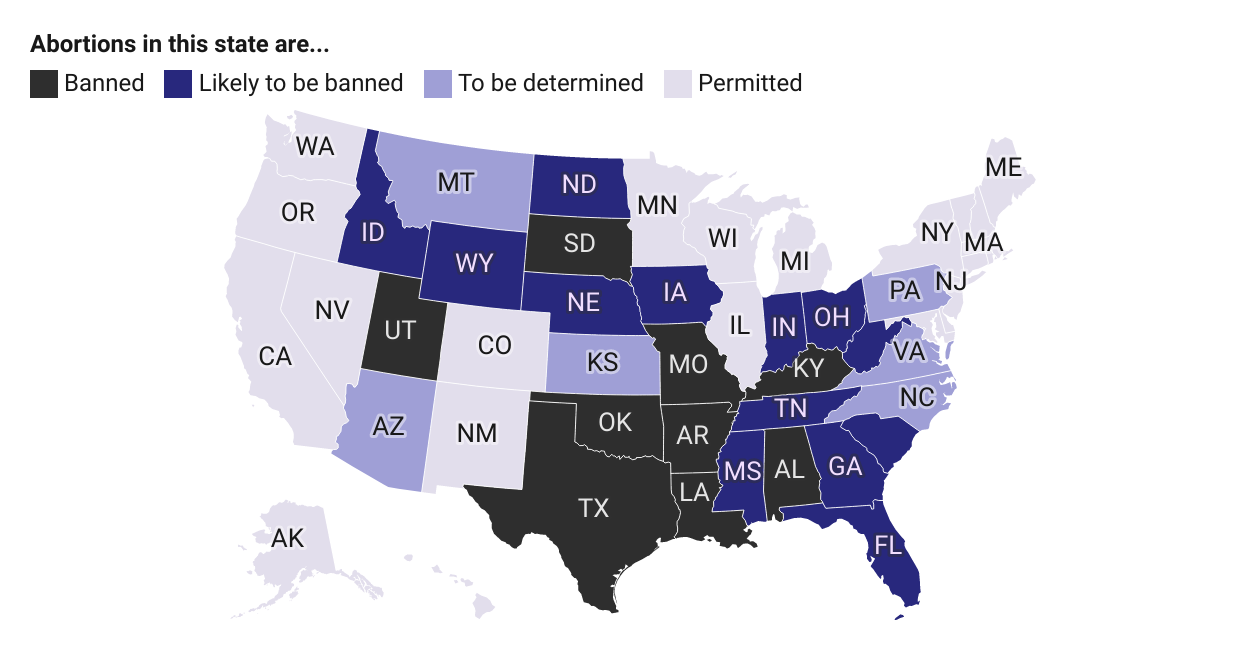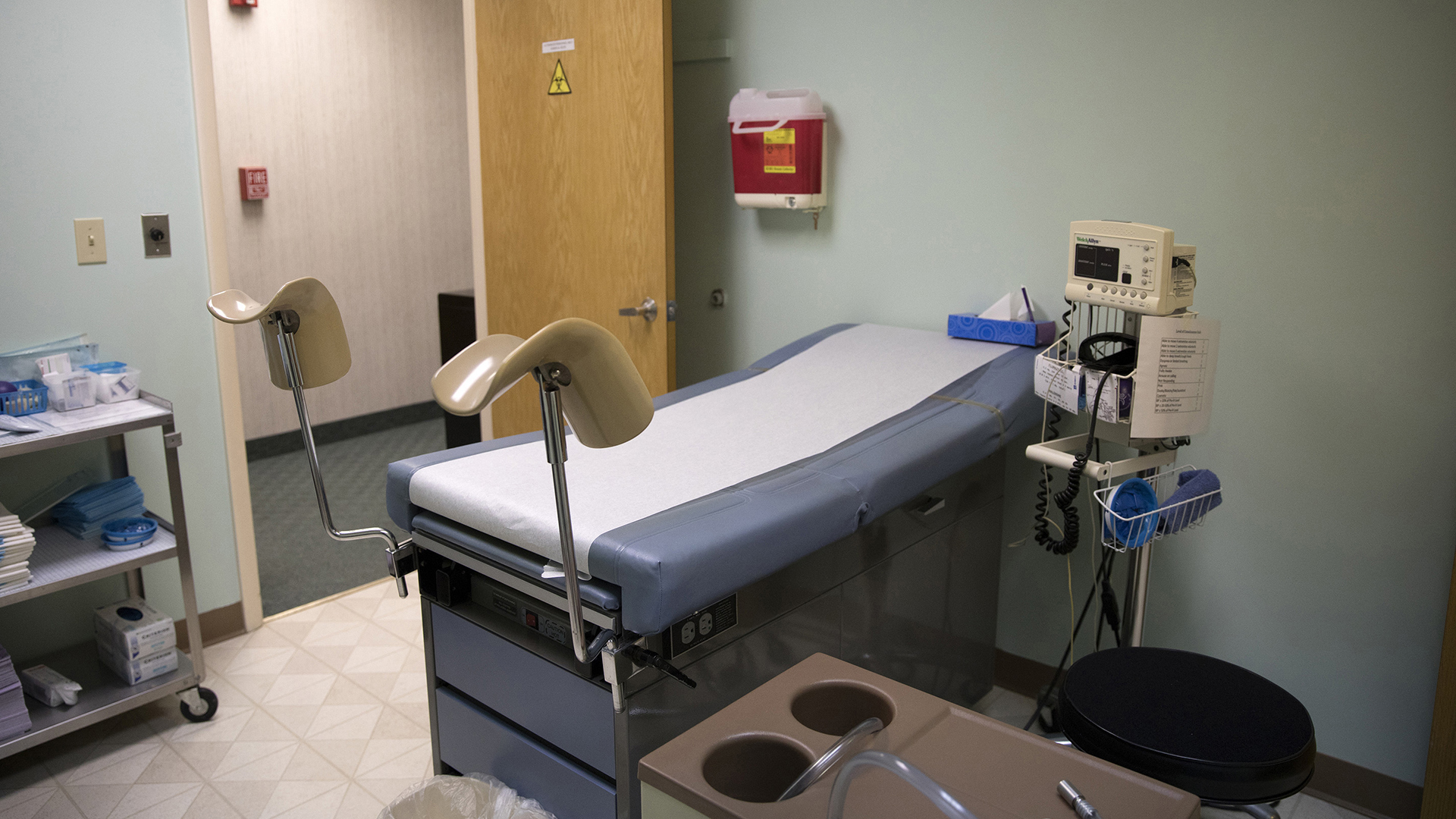As the U.S. Supreme Court ends the constitutional right to access abortion services, courts in other parts of the world, including in many historically conservative societies, have moved in the opposite direction.
That includes in a number of traditionally conservative societies — such as recently in Colombia, where the Constitutional Court in February legalized the procedure until the 24th week of pregnancy, part of a broader trend seen in parts of heavily Catholic Latin America. In Argentina, lawmakers in late 2020 passed a bill legalizing abortion until the 14th week and the procedure is widely available in Cuba and Uruguay.
Check out the map below to see the availability of abortion access in countries around the world, whether the procedure is prohibited, available only to preserve the life or health of the pregnant patient, available to address social or economic factors, or available on request.
Get Tri-state area news delivered to your inbox. Sign up for NBC New York's News Headlines newsletter.
Nations with total bans include Honduras, Nicaragua and El Salvador. Many African nations also maintain complete bans and its been forbidden in Iran since the 1979 Islamic Revolution.
In the only part of Latin America directly affected by the ruling, Puerto Rico, the island’s Senate approved a bill Tuesday that would prohibit abortions after 22 weeks or when a doctor determines a fetus is viable, with the sole exception being if a woman’s life is in danger. The bill is now before the island’s House of Representatives.
Meanwhile, in Europe, most countries have legalized abortion, including predominantly Catholic ones. Ireland did so in 2018, followed by tiny San Marino in a voter referendum last fall. It's also been widely available in Israel since 1978 and relatively uncontroversial.
In Japan, abortion is allowed only for economic and health reasons, and requires partners’ consent, making Japan one of a handful of countries in the world to do so. Victims of sexual violence are excluded from the requirement. Abortion is also widely available in China and in India for pregnancy up to 20 weeks, though under certain circumstances such as rape or incest, women can terminate a pregnancy up to 24 weeks.
The U.N. agency dealing with sexual and reproductive health said that whether or not abortion is legal “it happens all too often” and global data shows that restricting access makes abortion more deadly.
The United Nations Population Fund issued a statement following the Supreme Court’s decision noting that its 2022 report said that nearly half of all pregnancies worldwide are unintended and over 60% of those pregnancies may end in abortion.
“A staggering 45% of all abortions around the world are unsafe, making this a leading cause of maternal death,” the agency said.
It said almost all unsafe abortions occur in developing countries, and it fears that “more unsafe abortions will occur around the world if access to abortion becomes more restricted.”
The Associated Press contributed to this report.



